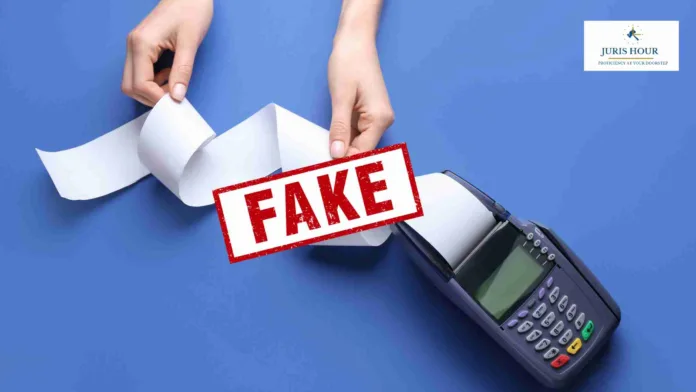The Directorate General of GST Intelligence (DGGI), Ludhiana, has uncovered a significant case of tax evasion involving a nexus of iron and steel traders operating through fake input tax credit (ITC) billing, leading to an estimated Rs. 13.4 crore in GST evasion on sales worth Rs. 87.9 crore.
The investigation revealed that three business entities based in Mandi Gobindgarh, Punjab — Aar Dee Enterprises, Aashi Steel Industries, and Abhi Alloys — were engaged in large-scale fraudulent transactions. The crackdown highlights the growing use of fake billing in evading taxes and the resulting threat to the economy.
Inter-State Nexus Busted
The fraudulent operation came to light through coordinated efforts between DGGI units in Ludhiana, Punjab, and Lucknow, Uttar Pradesh. Officials traced the scheme back to Raman Kumar Chaurasia of Mandi Gobindgarh and Devinder Singh of Khanna, Punjab, who had allegedly sourced fake invoices and ITC from Deepanshu Srivastava and Mohit Kumar, based in Lucknow.
Srivastava and Kumar are said to have operated through 37 shell entities, passing on fake ITC to the Punjab-based traders. The investigation further revealed that the entities in Mandi Gobindgarh availed fraudulent ITC from a total of 78 bogus firms.
Key Arrests and Evidence Seizure
On May 15, the DGGI Ludhiana arrested Chaurasia and Singh for their role in the illegal transactions and subsequently remanded them to judicial custody. Authorities also seized substantial incriminating evidence during raids, which was corroborated by voluntary statements from the accused.
Broader Economic Implications
Fake billing and fraudulent ITC claims significantly undermine India’s GST framework, creating an uneven business environment. The evasion not only results in loss of government revenue but also adversely affects public welfare spending, infrastructure development, and fair market competition. It may even contribute to inflationary trends, warned officials.
DGGI’s Continued Vigilance
A senior DGGI official stated, “Such acts erode public trust in the tax system by creating an uneven playing field. Honest taxpayers bear the burden while fraudsters profit unlawfully, undermining voluntary compliance — a pillar of any successful taxation system.”
The DGGI, under the Ministry of Finance, is the apex body responsible for investigating GST-related tax frauds. The agency employs advanced data analytics and intelligence-gathering tools to detect and curb tax evasion across the country.
What Is Input Tax Credit?
Input Tax Credit (ITC) refers to the credit that businesses can claim for the tax paid on purchases of goods or services used in the course of their business. This includes CGST, SGST, IGST, and UTGST, and also covers taxes paid under reverse charge and on imported goods. Fake ITC billing involves claiming credits on invoices for transactions that never actually occurred, effectively lowering tax liability fraudulently.
As the DGGI continues its crackdown, the case serves as a stark reminder of the critical need for regulatory vigilance and ethical tax practices in maintaining the health of India’s indirect tax regime.
Read More: CGST Delhi North Launches Special Registration Drive in Karol Bagh and Chandni Chowk

